|
Debt is a four-letter word when people promise future earnings in exchange for items that depreciate and produce no cash flow, such as a personal vehicle or vacation to Italy. In contrast, multifamily real estate is an asset that can appreciate and produce revenue. A loan for multifamily housing uses debt as a lever to unlock earnings that exceed the amount owed to a lender. For this reason, the term leverage is synonymous with debt. [1]
Mortgages As Good Debt Residential mortgages make it possible for people to own homes without waiting years or decades to save enough money to buy them outright. Similarly, multifamily property investors can begin building wealth via mortgages without waiting years to amass the funds necessary to pay six or seven figures for an apartment building or duplex. Even Debt.org, an organization dedicated to helping consumers overcome debt problems, describes mortgages as good debt. A mortgage enables a person to leverage earnings into a place to live and future wealth. [2] Monthly mortgage payments also build equity in a property. The portions of each debt payment applied to principle grant borrowers a greater and greater share of ownership as time goes by. [3] Equity combined with appreciation increases returns on the investment. Although property values can get rocky, they almost always trend upward over time. Even modest appreciation of 2% on a $200,000 property for one year results in a property value of $204,000. As a result, the equity percentage becomes a percentage of a higher dollar amount. [4] Higher Rates of Return Compared to Zero-Debt Real Estate Purchases A closer examination of returns for multifamily real estate investors clearly shows how leverage can produce impressive gains. Instead of paying cash on a $200,000 property, an investor could put down 20% ($40,000) and obtain an 80% loan ($160,000). As described above, appreciation should kick in the first year. In this example, 3% appreciation increases the property’s value to $206,000 in one year. If the buyers had paid all cash, then appreciation would only yield a gain of $6,000 on the entire $200,000 or 3%. However, a leveraged investment would experience the same appreciation, but the investors would document a $6,000 gain after only putting in $40,000. The appreciation on invested money then equals 15%. Substantial advantages are also evident on the cash flow side of the investment equation. Although a property without debt would produce a higher cash flow, the actual rate of return on a leveraged investment rewards investors well while not requiring them to tie up six figures in a single property. [5] If the hypothetical $200,000 property yields $2,000 a month in revenue minus operating expenses of $600 and a mortgage payment of $936, investors collect $464 a month on a $40,000 investment. This amounts to $5,568 in a year, which equals a rate of return of 13.92% on $40,000. Mitigating the Risks of Leveraged Real Estate Unexpected downturns in property values and occupancy rate fluctuations can threaten returns on leveraged properties. Risks can be controlled by leaving enough cushion between total cash flow, expenses, and debt payments. Before investors act, a professional assessment of a real estate investment is in order. A realistic look at its future prospects protects against unrealistic expectations about appreciation or a property’s potential in the market. For real estate leveraging to remain in the zone of good debt, overly high mortgage payments must be avoided so that fluctuations in revenue remain manageable and have little potential to undermine long-term returns. [6] References [1] https://www.investopedia.com/articles/mortgages-real-estate/10/increase-your-real-estate-net-worth.asp [2] https://www.debt.org/advice/good-vs-bad/ [3] https://www.cnbc.com/2020/07/20/good-debt-vs-bad-debt-why-what-youve-been-told-is-probably-wrong.html [4] [5] https://www.biggerpockets.com/blog/good-debt-real-estate [6] https://www.thebalancesmb.com/top-don-ts-in-using-real-estate-leverage-2867098
5 Comments
11/20/2021 11:26:44 pm
Very interesting and thanks for sharing such a good blog. Your article is so convincing that I never stop myself from saying something about it. You’re doing a great job. Keep it up.
Reply
2/17/2022 12:08:24 am
I believe it is critical for investors to understand the level of leverage used in any real estate project they are considering investing in, to recognize that a higher-leveraged scenario may result in a larger loss in the event of a market downturn, and to ensure they are adequately compensated for the level of risk taken.
Reply
3/8/2022 04:26:52 am
Very well explained, Thank you for sharing such a good blog. Keep up the good work!
Reply
3/10/2022 03:05:44 am
Very interesting, and thank you for sharing such an informative blog. Your article is so convincing that I can't stop myself from commenting on it. You're doing an excellent job. Continue to do so.
Reply
10/27/2023 10:45:30 am
Without investing all of their capital in contracts, investors like to increase their profits by expanding their real estate ventures more quickly. The potential of a return on investment increases with increasing leverage. When prices and rental rates increase steadily, leveraged real estate does well. Investors experience regular mortgage payments when rents rise and the cost of the investment property rises, meaning they profit more from their real estate investments. Rent prices and property values have increased significantly due to the current trendy real estate market, which is characterized by low stock. It has created the ideal environment for a wise real estate investor to generate his own revenue.
Reply
Leave a Reply. |
Details
Ruben DominguezPrincipal and founder of Totem Capital Group Archives
April 2022
Categories |
Copyright © 2020

 RSS Feed
RSS Feed